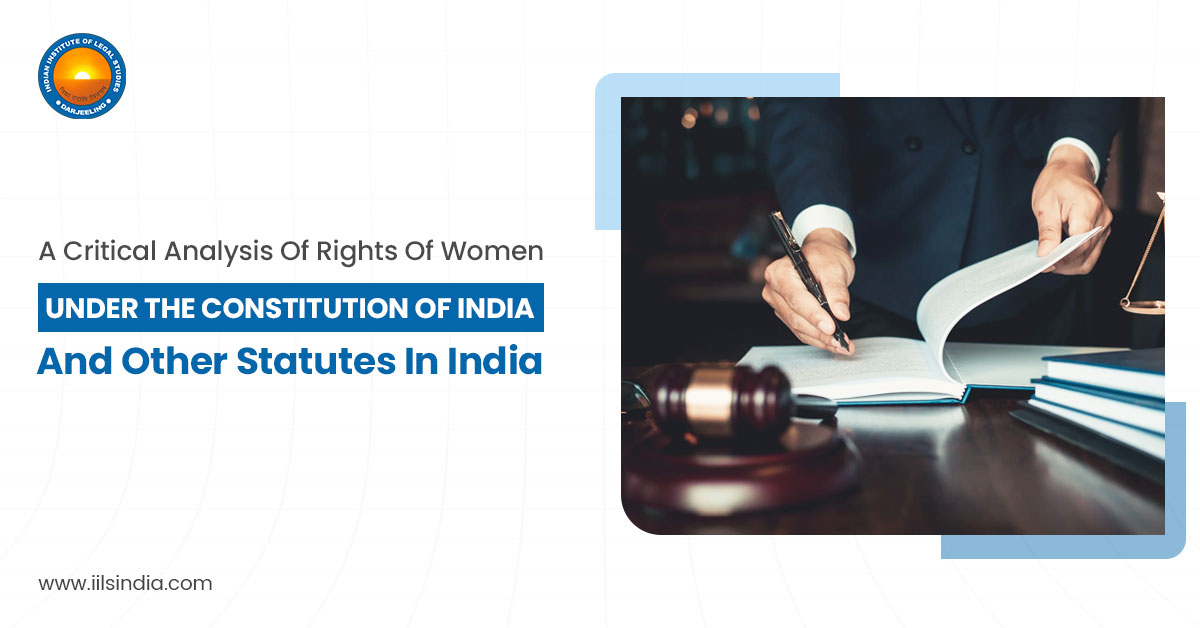Introduction :
We all know that women are the most vulnerable section of the society. Previously they were deprived of basic rights such as right to education. Rights should be equally applicable to all irrespective of his or her caste, gender, race or any other grounds. Discrimination is going on for several centuries against women in respect of access to education, employment opportunities, household activities, places of worship etc. These aspects are covered in the subject of Gender Justice and Feminist Jurisprudence. This subject is being taught in the course of B.A LL.B. (Hons.). Many law colleges teach their students the importance of gender justice in the society. Law College in Coochbehar also teach their students various aspects of gender justice and related topics.
Position of Women in Different Periods :
In ancient period, liberal approaches were prevalent regarding women’s education and their marriage. During Vedic period, women were admitted to gurukuls where education had been provided to all of them. Gandharva Marriage had provided opportunity to unmarried women to choose their own partner. But situation became worse during medieval period. Purdah pratha, sex slavery and other discriminatory practices were prevalent in that time. After that Britishers came to play a pivotal role in removing all the obstacles standing in the road of education and welfare of women. System of Hindu remarriage and abolition of Satidaho Pratha are the best examples of social reform steps taken by Britishers. After independence of India, the Constitution of India acts like a protector of fundamental rights of every woman. Law College in Coochbehar also teach the position of women in various periods such vedic period, rig-vedic period, medieval period, British Period and Post-Independence period.
Rights of Women under the Constitution of India and Rights of Women under OtherStatutes :
Article 14 of the Constitution of India gives all man and woman equality before law and equal protection of law. These two terms are pivotal in providing justice and equality to all irrespective of sex. Most important provision in respect of rights of women is Article 15(3) of the Constitution of India. It provides for special provision for women. Besides these, right to life and personal libery, freedom of speech and expression, freedom of movement, freedom of trade, freedom to reside and move, freedom to assemble etc. have been provided to all women. Section 125 of Code of Criminal Procedure, 1973 provides for maintenance to wife. This provision applies to all irrespective of anyone’s religion.
Conclusion :
Under the Constitution of India and other national legislations, rights have been provided to all the women. But the main issue is its implementation. India has enough legislation which aims to protect the rights of women. But corrupt administration, dirty politics and poor socio-economi conditions of our country deprive women of their rights, basic necessities of life and assurance. Lack of awareness in the society is another major issue in proper implementation of the rights of women.

